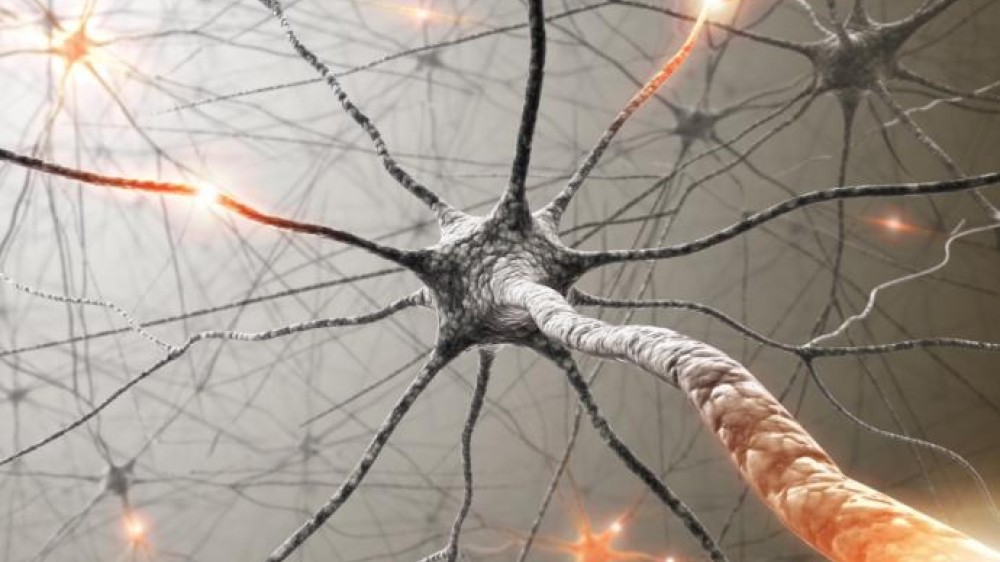Reducing animal use in Bipolar Affective Disorder

An Edinburgh based team are archiving stem cells from patients with bipolar disorder so that they can be shared with scientists worldwide to help reduce the use of animals in research.
The team were awarded funding in 2011 in the inaugural competition of the NC3Rs open innovation competition CRACK IT Challenges.
Traditionally the animal models used to study Bipolar Affective Disorder (BAD) involve the use of genetically altered mice and other rodents. These animal models do not accurately reflect the disease process in humans and are often subject to significant stress during the studies.
The CRACK IT Challenge called 'BADiPS', aimed to address this issue by funding a team to generate human induced pluripotent stem cells (iPS) to study BAD, not only reducing the use of animals but also improving the methodology for studying BAD in iPS cells taken from patients.
By taking skin cells from people with BAD, as well as members of their family, the team were able to produce iPS cells. They were then able to turn these iPS cells into neuronal cells in the laboratory which had the same genes and characteristics as those from the person that donated the skin sample.
The cells have been expanded and banked by collaborators at the UK biotechnology company Roslin Cell Sciences and are now being made available for research to academic and commercial researchers worldwide. They will be distributed via the new European Bank for induced Pluripotent Stem Cells (EBiSC).
Dr Cathy Vickers, acting Head of Innovation at the NC3Rs said: “Making the cells available to the wider research community through EBiSC will maximise the scientific and 3Rs benefits of the cells and the knowledge generated from this CRACK IT Challenge.”
The Challenge winning team, led by Professor Andrew McIntosh from the University of Edinburgh includes collaborations across the University Campus, as well as members from laboratories in Cambridge University and Roslin Cells.
The 2011 BADiPS Challenge was co-sponsored by industry partners Lilly and Janssen, who are also participating in the EBiSC project.
